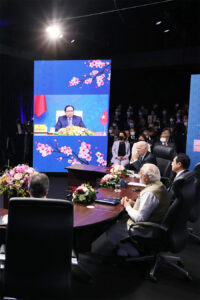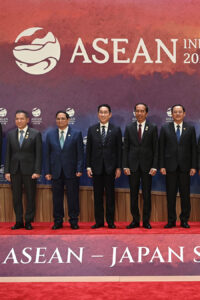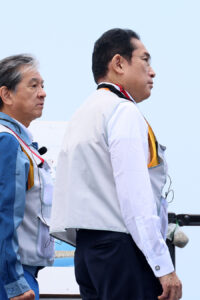
The unipolar era in which Japan unilaterally “chose” its Asian partners is over, and we are entering a multipolar era in Asia. How should Japan deal with this evolving dynamism in order to be “chosen” as a trusted partner? This paper will discuss viable strategies in the “age of values,” with a focus on “business and human rights (BHR).” Goto Kenta, Professor, Faculty of Economics, Kansai University The era of connectivity The 21st century is the era of connectivity. Increased mobility of goods, people, capital, and information has deepened connections across borders. Most goods and services are now produced in global value chains (GVCs), connecting various types of companies in countries at different income levels. GVCs have developed most extensively in Asia, where these complex intra and inter-firm organizational forms have elevated it to the “factory of the world.” In recent years, ... ... [Read more]

